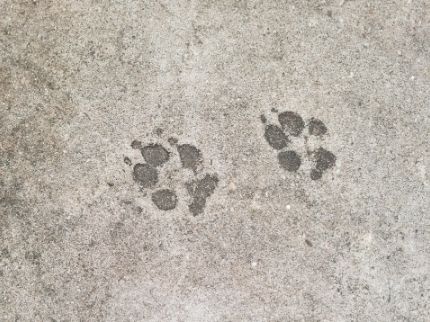Physical Address
304 North Cardinal St.
Dorchester Center, MA 02124

Science Daily’s article “Wolf in Dog’s Clothing?” opens the door for new studies in animal genetics and domestication. Scientists have been able to prove that domesticated dogs that bred with wolves thousands of years ago and that this gave wolves a genetic mutation encoding dark coat color. As a result, the Gray Wolf is no longer just gray. In addition scientists are reporting that the darker colored wolves have advantages over their lighter pack mates in forested areas. This is leading scientists to believe that these advantages are due to the addition of that domesticated dog DNA.
This study was conducted by Genetics professor Greg Barsh, MD, PhD, and one of his graduate students, Tovi Anderson, as well as other scientist collaborators. They compared DNA collected from 41 black, white and gray wolves in the Canadian Arctic and 224 black and gray wolves in Yellowstone National Park with that of domestic dogs and gray and black coyotes. This study confirmed that the black-coat gene shows evidence of positive selection in forest wolves. It also showed that the gene is dominant, meaning that an animal with only one copy of the gene would still have a black coat. Ten out of fourteen pups conceived by the mating between a black wolf and a gray wolf carried the gene and were black.
Anderson and her collaborators used a variety of genetic tests to determine that the mutation was likely introduced into wolves by domesticated dogs sometime in the last 10,000 to 15,000 years. This was about the same time the first Native American humans were migrating across the Bering land bridge. These humans were probably accompanied by dogs, some of which carried the black-coat mutation estimated to have arisen about 50,000 years ago.
Barsh said, “We were really surprised to find that domestic animals can serve as a genetic reservoir that can benefit the natural populations from which they were derived. It’s also fascinating to think that a portion of the first Native American dogs, which are now extinct, may live on in wolves.”